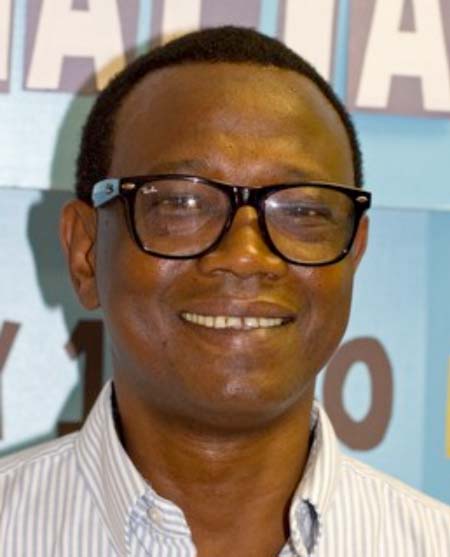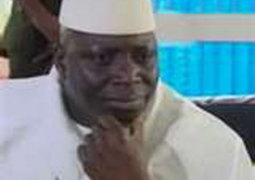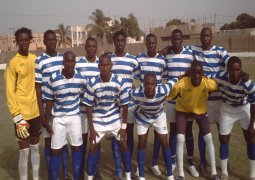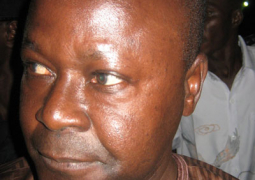
In
a recent article we suggested that while our search for answers to national
challenges must necessarily be anchored in our love of country, it might only
be through the recognition and deployment of our common humanity and collective
intelligence that we can create a just community and therefore aspire to
becoming a happy society: a society that will still face challenges, but a
society in which the majority of people will be relatively content with their
lives. In this article, we wish to suggest that recognizing our common
humanitywill help us respect, embrace and manage those of our differences that
are primary causes of public fighting in our society.
Gambian
society may lay claim to a certain degree of respect for differences,
especially as dictated by law. Yet, the fact that our political, ethnic, and
religious differences are common causes of public fighting in our society
suggest that our sense of common humanity is fractured by our inability to
manage our differences. We should not only tolerate our differences because the
law says we must; we should also tolerate our differences because of our common
humanity. Partisan political rivalry need not take the form of public hostility
and fighting. And belonging to different ethnic groups or religious faiths
should not make us insult or demean each other. This is simply because being
human comes before affiliations or identities of any sort.
There
is no denying the fact that in today’s Gambia, some of our political parties
co-exist in a state of latent if not actual enmity. There exists a politics of
hostility in which members of rival parties throw hostile remarks at each other
and in some cases, even try to destroy each other’s lives. This is because
perhaps subconsciously, some of us tend to assume the identities of our
political parties thereby subsuming our own identities as individuals under
those of our parties. We mistake partisan loyalties for individual identities
and conflate individual identities with partisan identities. When we allow our
partisan loyalties to define us and to dictate how we think, talk and act
towards people of different political persuasions, we easily lose sight of a
degree of our common humanity with those people. This is because political
parties are inanimatesocial formations that are “alive” and “active” only as a
result of our human agency; and so they are not qualified to represent who we
are as human beings. There is thus a need to rethink both our relationships
with our own parties and our relationships with rival parties with a view to
humanizing our politics. A culture of peaceful politics is possible in The
Gambia.
And
then there are the sporadic fights over our ethnic differences. In this realm,
we cannot find any good reason to fight at all simply because all ethnicities
are human beings; yet, the fights that occur over ethnicity are the stuff with
which genocides are made. Hating someone’s ethnicity inevitably translates to
seeing and treating them as less than human. That is why histories of genocide
and violent ethnic conflict are always characterized by deliberate attempts to
dehumanize human beings. In Germany, the Nazis called Jews insects; and in
Rwanda, the Hutu called the Tutsi cockroaches. This dehumanization manufactures
a spurious justification of not dealing with human beings and makes senseless
acts of ethnic hatred and violence easier for their perpetrators.
And
just as in partisan politics, people who engage in ethnic fighting tend to
mistake their ethnicity for their humanity. They become a tribe x first and a
human being second precisely because they negate the humanity of others. We can
only treat a human being as less than human by becoming less than human
ourselves, whether we know it or not. In other words, only by being less than
human can we perform less than human acts against others. We cannot diminish
the humanity of others without diminishing our own humanity, just as we cannot
elevate the humanity of others without elevating our own humanity. And since
the choice is entirely ours whether to diminish or elevate our own humanity, we
dare to hope that we will choose the latter because we are intelligent human
beings and not personified ethnicities and hostile parties.
Certainly
we must have our differences because human society necessarily spells diversity
and therefore differences. But our differences need not be sources of conflict
in our society. We can always tolerate and react to them a non-hostile manner.
While all opinions are subjectively equal, unsavory or demeaning opinions may
easily be sacrificed on the altar of our common humanity, and in the interest
of our nation with minimal inconvenience to the individual or social
formation.In the final analysis, if we must build a just community and
therefore a reasonably happy society, we must learn to embrace and better
manage our differences through a conscious deployment of our common humanity.




